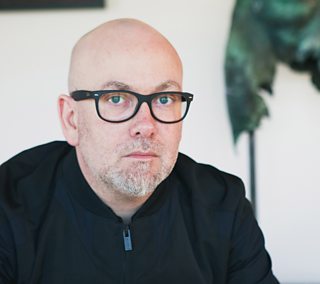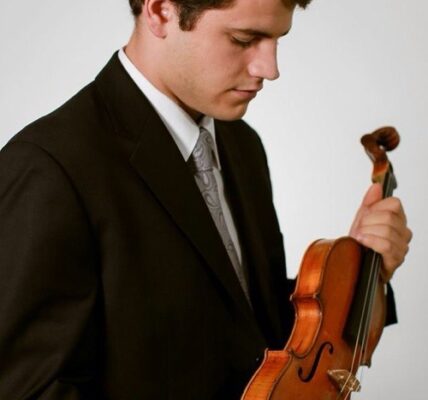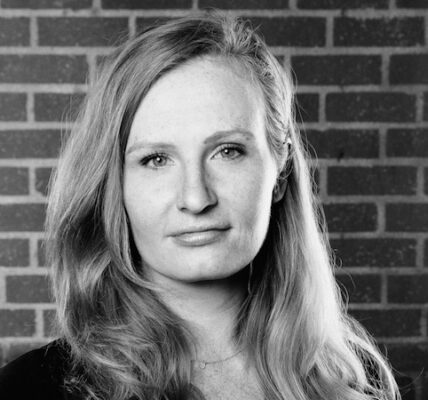Editor – Steven Forrester
Calling the Shots
After a decade of editing everything from TV dramas like Silent Witness and Misfits to VFX-driven blockbusters including Prince of Persia, Steven Forrester gives us his views on digital, CGI and good old-fashioned storytelling.
Despite having spent four years studying film and television at the University of East Anglia, young British film and television editor Steven Forrester credits Lady Luck with getting his foot in the door of the industry. “Like everyone, I sent my CV out to many people,” he recalls. “Luckily the first film I worked on was Saving Private Ryan; I sent my CV into the production office looking for a runner position, and they needed someone in the locations office. We crossed over from locations into the AD department, depending on the needs of the day-to-day filming. I think I learnt more in the several months I was working on that than I did in four years of studying, in terms of the practicalities of filmmaking. It was a great first experience, and it got me thinking as to what side of the industry I wanted to have a career in. I started to think that the cutting room is probably the best [place] to see the nuts and bolts of piecing [a film] together. I worked as a director’s assistant [on The Magical Legend of the Leprechauns, 1999] and I was able to see the whole process from pre-production through the shoot to post-production. I spent quite a bit of time in the cutting room, and it was after that that I moved into editing.”
Having started his cutting room career a decade ago, “at a time when digital [filmmaking] was really taking hold,” Forrester has developed his craft by embracing all of the new technologies that are becoming commonplace in the industry. “Digital is really making massive advances, to the point where we can’t help wondering just how much longer 35mm will be around as a shooting form,” he ponders. “I know all the big features still use it but so many independent films are shooting digitally as it’s so much cheaper; you don’t have to worry about stock costs, neg. damage or things happening in the labs overnight to your material. So, providing you backup to other drives, with digital you’re pretty covered and you know your material is 100 per cent safe. I know there are some people that really like the aesthetic of 35mm, and I still do, but I love the fact with digital you can play the same file 1,000 times and it never wears or degrades. If you were to project a cinema print that many times it starts to wear; you get tears and scratches.”
…












